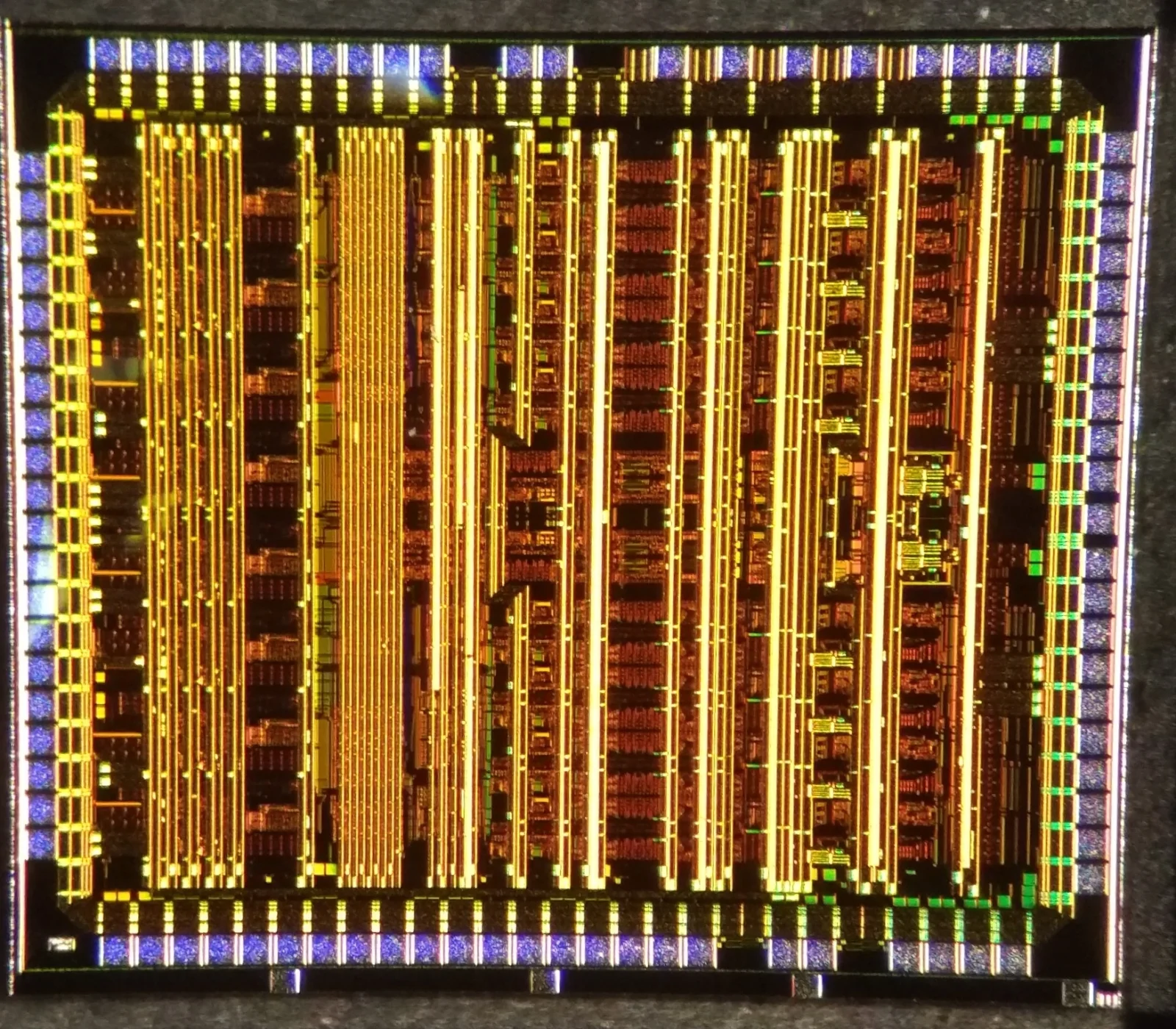Technologies portfolio
Radiation tolerant electronics and microelectronics

Chips for particle physics, space or other applications

The researchers and engineers at the IEEC have extensive experience developing instrumentation for astrophysics, space missions, and high energy physics, with important contributions to international collaborations. Recently, the know-how on instrumentation is also being applied to other fields, such as medical imaging.
The knowledge behind these technologies involves analogue and mixed mode microelectronics design; design and test of reconfigurable hardware; design and test of cards and systems; design low power, biomedical and low noise electronics; design of Power Management and Smart-Power units; design of fast photo sensor readout electronics; Electromagnetic Interference (EMI) and Electromagnetic Compatibility (EMC) Characterization; radiation detectors design, simulation, and test; semiconductor sensor and photo sensor modelling and characterization; and design and test of radiation tolerant systems for scientific and space applications.
The IEEC-UB technology unit has designed, produced, and tested more than 10 ASICs in different technologies: 0.35µm CMOS and BiCMOS, 180 nm, 130 nm and 65 nm CMOS. This involves not only R&D phase but also production and quality control. Hundreds of thousands of chips have been produced and commissioned in different projects over the years: LHCb, CTA, HERD, and medical imaging, among others. In many cases the chips are for particle physics or space applications, and the development involves radiation tolerant design and qualification.
The laboratories of the technological unit include electronics and microelectronics design infrastructures, instrumentation for components and system characterisation, optical and optoelectronic test benches, radiation detector characterisation benches, wire bonder, climatic chamber for temperature and humidity cycling, printed circuit board assembly workshop, robotic pick and place platform for component quality control (over 100,000 chips tested in 2018 and 2019), a 3D printing system, and computing clusters.
